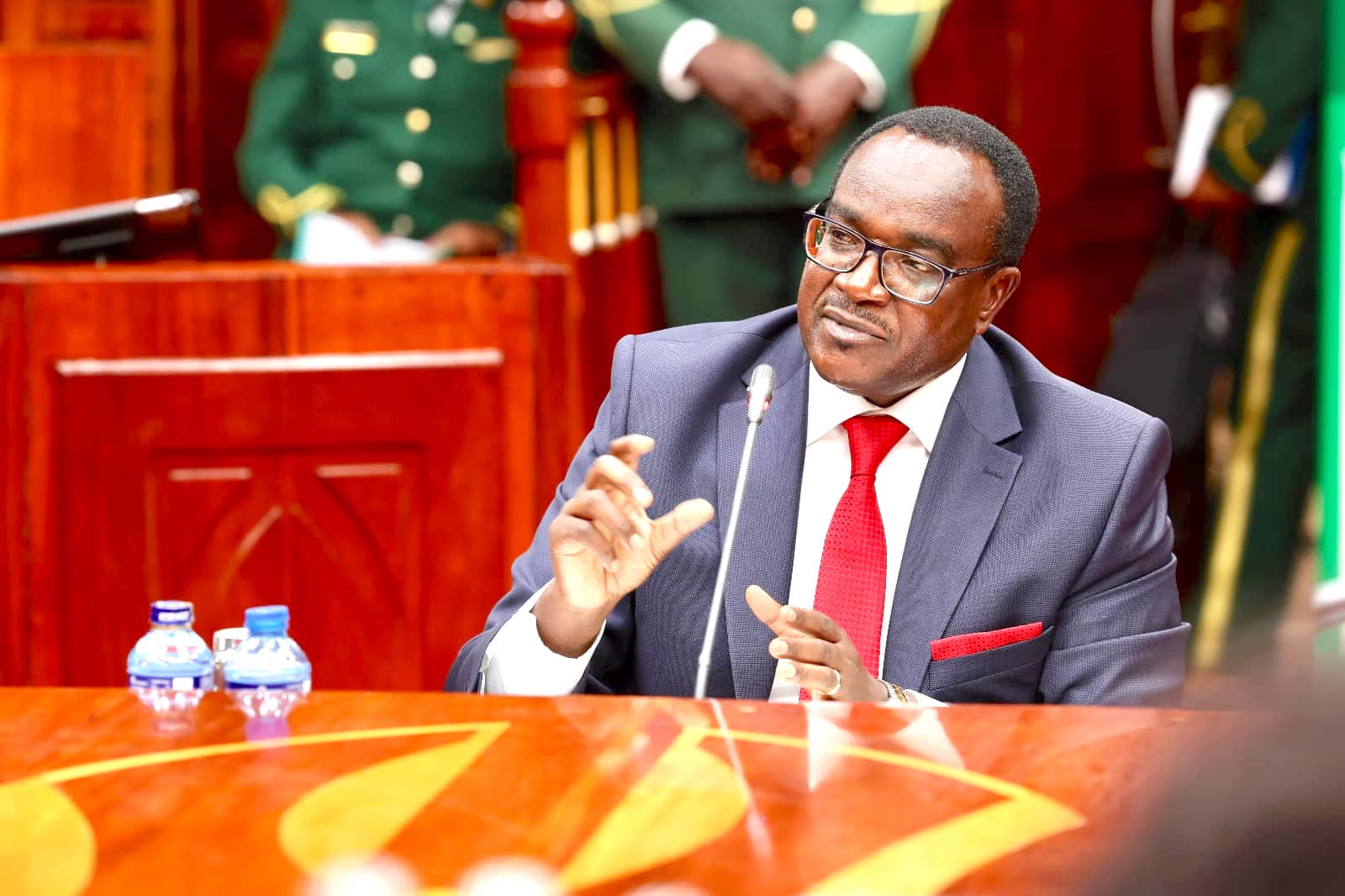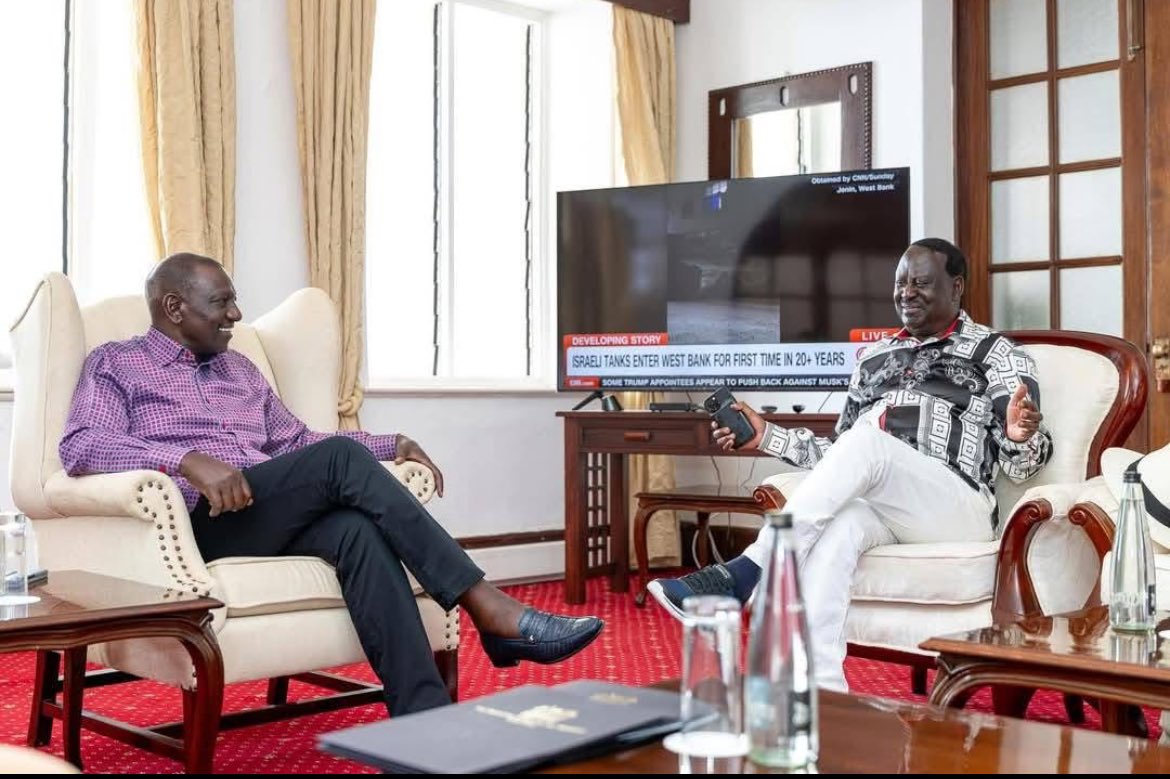By The Weekly Vision Team
Concerns have surfaced among a section of parents at St. Brigids Girls Kiminini, who are accusing the school administration under the Chief Principal, Invioleta Makhanu, of engaging in exploitative practices against them. Parents allege that the principal has been conspiring with board members and their representatives on the board to impose excessive and illegal levies. This, they claim, is being done with little regard for government directives that prohibit such practices.
The aggrieved parents assert that the principal and the board have violated key provisions of the Basic Education Act of 2013, Part IV, Item 44, which states that no public school administrator is allowed to impose levies or alternative fee structures that have not been approved by the Cabinet Secretary. Furthermore, Part IV, Item 45, prohibits any person or board of management from altering or increasing fees without written authorization from the Cabinet Secretary.

Investigations reveal that, although the principal has avoided tempering with the fee structure directly, she uses the school’s board, parent representatives, and class teachers to justify the collection of these additional levies. Parents who spoke to The Weekly Vision under the condition of anonymity, fearing possible retaliation from the principal, reported that each class has a Parents Association (PA), led by representatives who use emotional persuasion to pressure parents into paying extra fees. Parents from lower-income families often find their voices silenced or ignored in class WhatsApp groups where discussions on fees are held.
One of the most alarming issues is the imposition of remedial fees by class teachers, which parents claim take precedence over regular school fees. Reports indicate that the school has been charging several additional fees, none of which have received approval from the Education Cabinet Secretary. For example, for this year, 2024, parents of Form One students were required to pay Ksh 10,000 per head under the guise of a “PA development” fee, while parents of Form Two students paid Ksh 8,000 for the same purpose.
In addition, parents are being burdened with a remedial fee of Ksh 3,000 per term, amounting to Ksh 9,000 annually. Students are also required to either contribute Ksh 700 or provide a ream of photocopying paper each term, leading to a yearly expense of Ksh 2,100. To make matters worse, a proposal has been circulating in class WhatsApp groups suggesting an increase of Ksh 1,000 per term or an additional Ksh 3,000 annually, on top of the existing approved school fees. Parents are also expected to contribute an additional Ksh 1,000 per student for teacher motivation.
The situation is particularly troubling as the school prioritizes the collection of these supplementary charges. When parents make payments, deductions for remedial services are made first, often resulting in students being sent home to collect the remaining balance for their regular school fees.
Records show that the total extra levies for a Form One student for the entire year amount to Ksh 25,000. With five streams of 60 students each, this brings the total revenue from Form One students alone to Ksh 1,506,000 per year. Across all forms, the total amount of extra fees collected from parents is estimated to be a staggering Ksh 6,506,000 annually.
Further concerns were raised when the school closed one week earlier than the official ministerial term dates in the first term of 2024, a clear deviation from the set schedule. Despite the financial savings from this early closure, parents were not provided with any fee reduction. Many are now questioning where the savings disappeared, asking, “Why did the school close early, and what happened to the saved funds?”
In the WhatsApp groups, PA representatives and class teachers maintain constant pressure on parents to meet these financial demands. Some parents have complained of being financially overburdened as they struggle to keep up with the growing costs, especially as there seems to be little focus on the academic progress of the students. Instead, discussions revolve around financial contributions and the justification of extra fees.
One of the posts circulating in these WhatsApp groups seeks to explain the fee increases, stating: “Due to inflation and the sharp rise in food prices and other necessary school supplies, compounded by delayed capitation from the national government, principals are struggling to pay suppliers, some of whom have resorted out out issues out of the known norms, including involving the police to deal with principals. We cannot allow our chief principal to be put in such a situation. Therefore, we humbly propose an increase of Ksh 3,000 (i.e., Ksh 1,000 per term) to help the school administration manage these challenging financial times.”
Another message encourages parents to contribute Ksh 1,000 for teacher motivation, stating: “Good morning, dear parents, hoping you are all well. Following our recent PA meeting, we agreed to contribute Ksh 1,000 each as a token of appreciation for our great teachers in recognition of their hard work and the excellent KCSE results. This will assist in preparing for their retreat later this year. Kindly send the amount to the class teacher as soon as possible.”
This exploitation of parents through unapproved levies continues to cause significant distress, with many now demanding accountability and adherence to the law.





